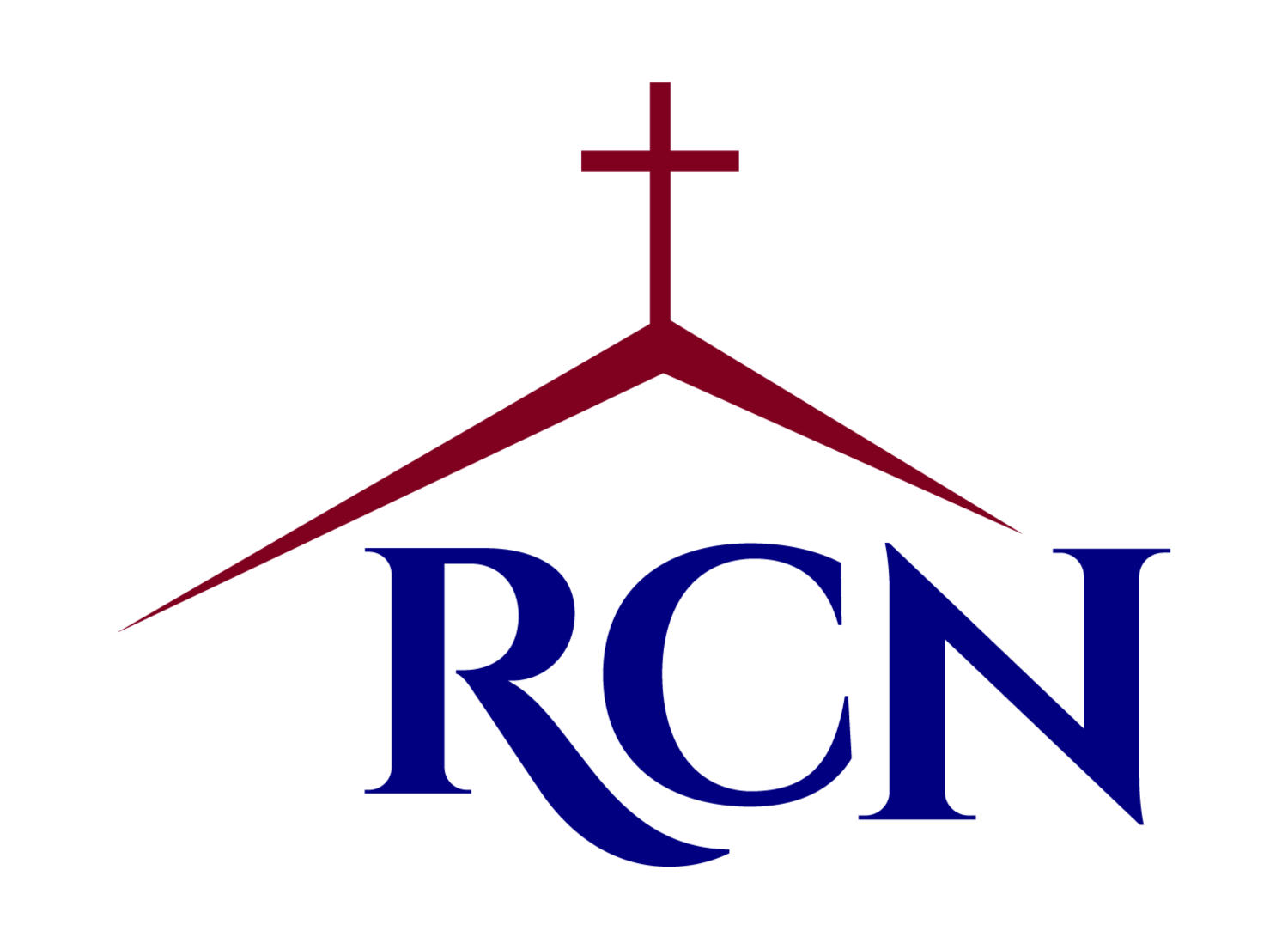You can find the video here: https://www.facebook.com/RichlandNaz/videos/326245855208707
Something that will help us all stay connected is to keep up the discussion on the Live Stream. Don’t forget to like, follow, and Share these devotions. And comment today where you’ve seen God lately, look for God sightings.
John 1:1-5
In the beginning…Now that’s a great line! That was a line from a Christmas drama I was a part of performed in Pomeroy at the Church of the Nazarene there. But it is truly a great opening line, especially when we are speaking about Jesus.
John 1:1-5 (NIV) In the beginning was the Word, and the Word was with God, and the Word was God. He was with God in the beginning. Through him all things were made; without him nothing was made that has been made. In him was life, and that life was the light of all mankind. The light shines in the darkness, and the darkness has not overcome it.
Those words…In the beginning…are used elsewhere in the Bible.
Genesis 1:1 (NIV) In the beginning God created…
B’Resheet bara Elohim, now if you know Hebrew and I have to say that I know very little, you will understand this phrase. I have studied these words, and here is what I’ve learned. This word Elohim – is actually plural. El is the oldest name we have of God with the suffix of im gives us a plural form. But the verb created is actually singular. So you have a plural noun with a singular verb. Now there are some who argue that the singular verb renders the word Elohim completely singular – even though that rule is not always applied in every situation in Hebrew.
You have a plural noun and a singular verb which makes then for an interesting discussion. Elohim – the “im” part of that word is what makes it plural however, in this case you have that pesky singular verb. When we encounter grammatical issues such as this there is something here we need to pay special attention to because there is so much more.
I listened to a rabbi explain some of this and he spoke of how in the Hebrew language they have so many words that have multiple meanings. And so when you encounter Scripture where it seems as if the normal grammatical rules do not make sense you need to look for the more. And even in that you might just have to settle that – like in this case the more is in God.
What this phrase is saying here is that there is so much more to God than we can fully understand. Whatever you think about God, how majestic or beautiful He is more, He is so much more than we imagine.
So – back to the beginning of John. In the beginning was the Word, and the Word was with God, and the Word was God. He was with God in the beginning. It was important for John to write his Gospel account telling his readers who Jesus is to him. And as we read the book of John, we need to ask ourselves the question – Who is Jesus to us, to me?
Laura Sweat Holmes and George Lyons write in the New Beacon Bible Commentary, John 1-12 A Commentary in the Wesleyan Tradition © 2020 Beacon Hill Press. p45.
“In the infinite epochs before Creation, the Son of God existed in eternal unity with God the Father and the Holy Spirit. And yet, a close reading of John reminds us that there was a time when ‘Jesus’ did not exist – before ‘the Word became flesh and made His dwelling among us’ (John 1:14), sometime between about 5 BC and AD 30. As Jesus faced crucifixion, He assured His disciples, ‘I came from the Father and entered the world; now I am leaving the world and going back to the Father’ (John 16:28)”
John’s gospel is the only gospel that begins with the story of Jesus Christ not as He appears on the earth, but as He existed before time as the Logos—“the intelligence” of God, Who gave birth to everything that exists. And who also became “the Word.”
